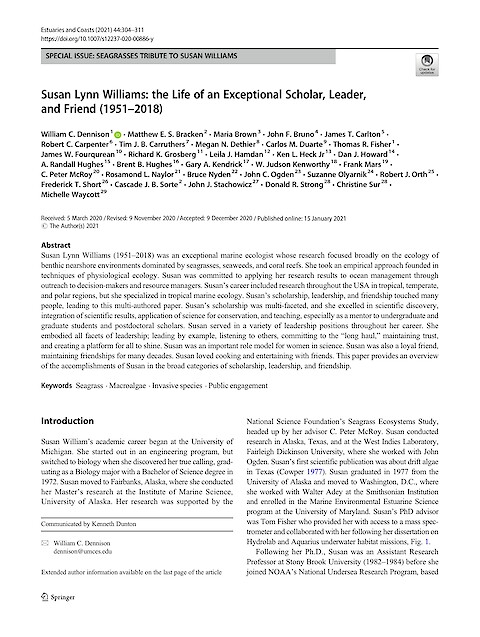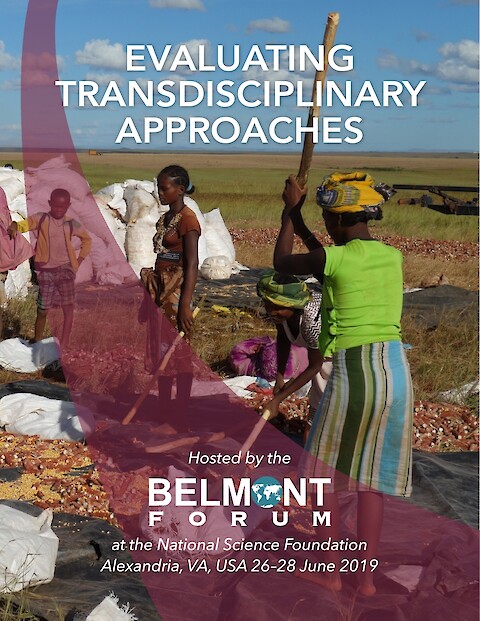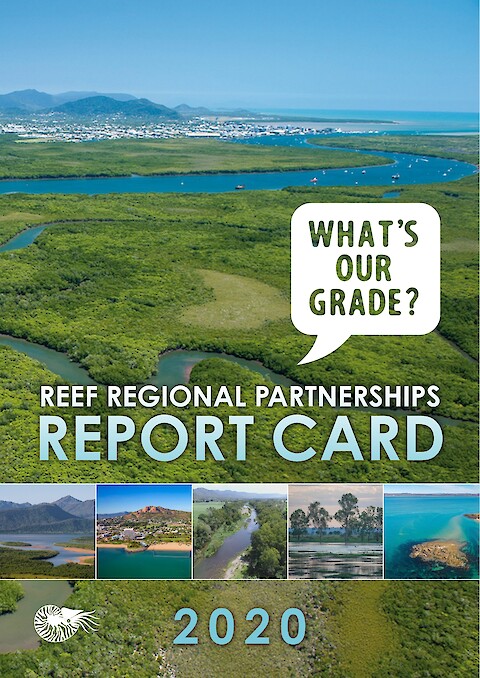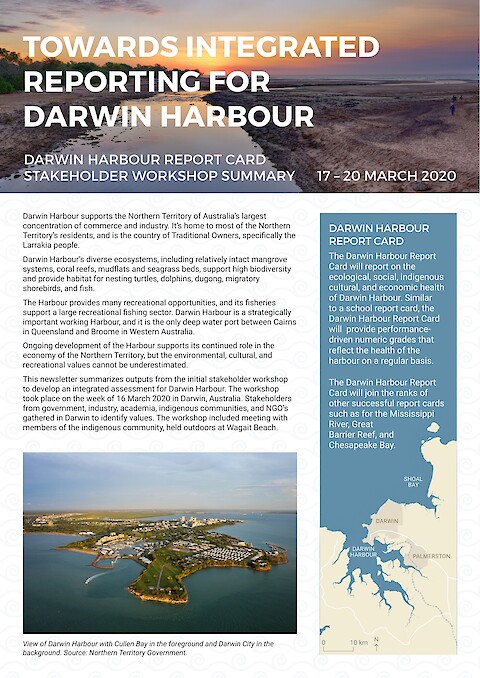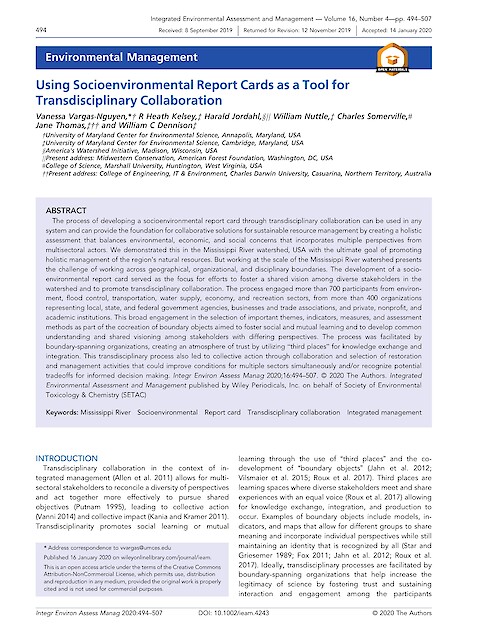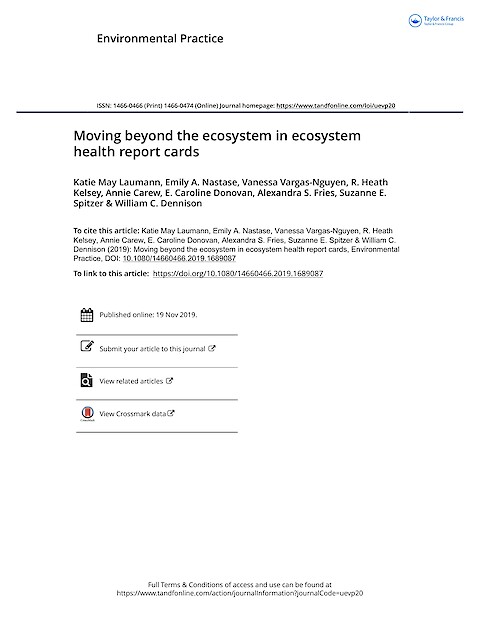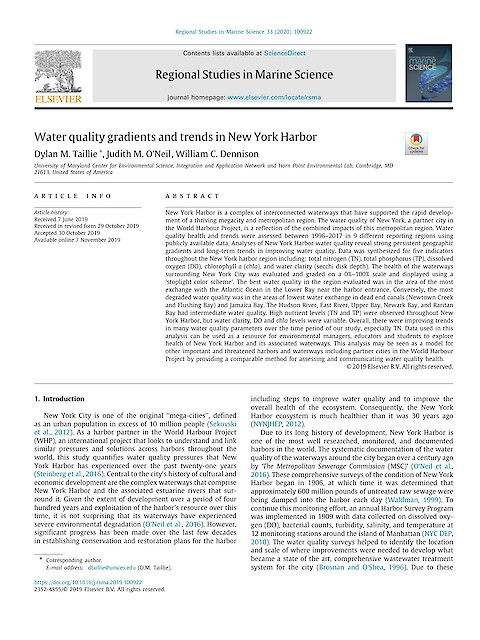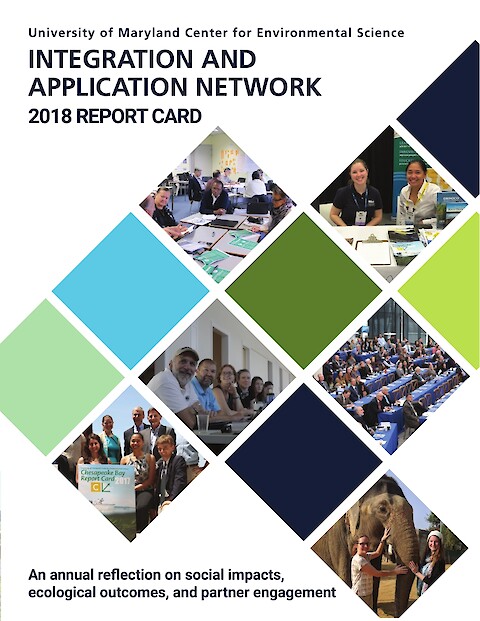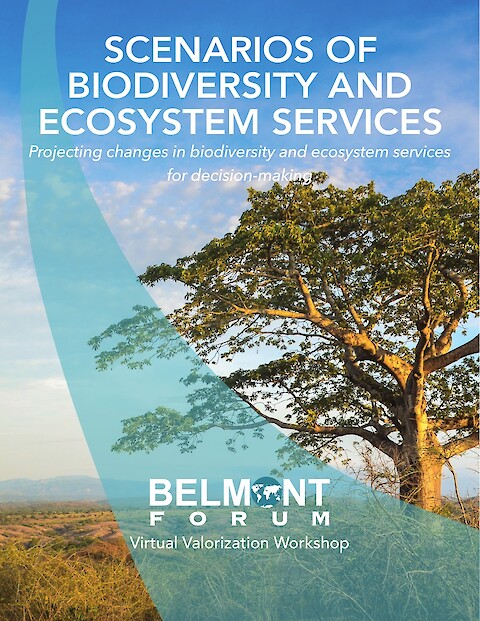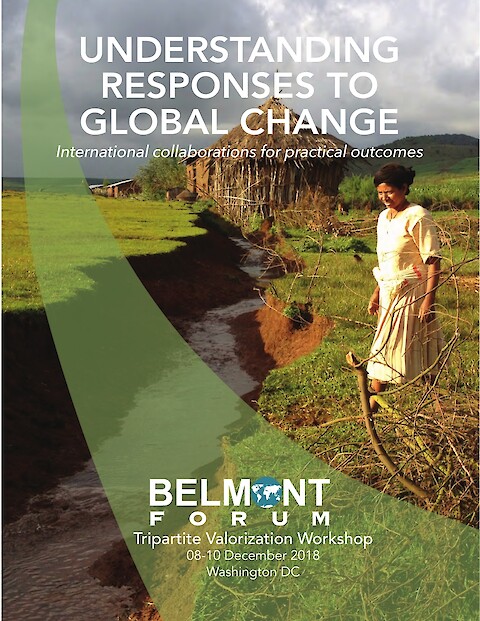Susan Lynn Williams: the Life of an Exceptional Scholar, Leader, and Friend (1951–2018)
Dennison WC, Bracken MES, Brown M, Bruno JF, Carlton JT, Carpenter RC, Carruthers TJB, Dethier MN, Duarte CM, Fisher TR, Fourqurean JW, Grosberg RK, Hamdan LJ, Heck KL, Howard DJ, Hughes AR, Hughes BB, Kendrick GA, Kenworthy WJ, Mars F, McRoy CP, Naylor RL, Nyden B, Ogden JC, Olyarnik S, Orth RJ Short FT, Sorte CJB, Stachowicz JJ Strong DR, Sur C, Waycott M ·
2021
Susan Lynn Williams (1951–2018) was an exceptional marine ecologist whose research focused broadly on the ecology of benthic nearshore environments dominated by seagrasses, seaweeds, and coral reefs. She took an empirical approach founded in techniques of physiological ecology. Susan was committed to applying her research results to ocean management through outreach to decision-makers and resource managers.
Read more


